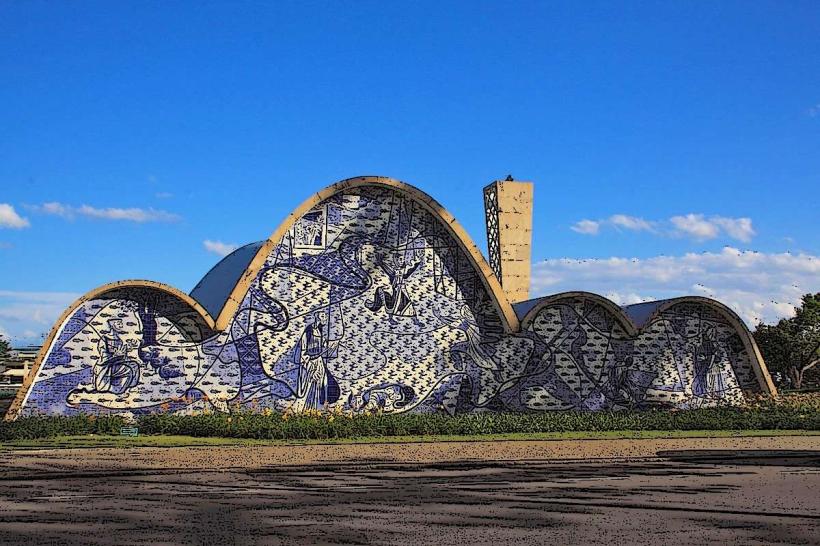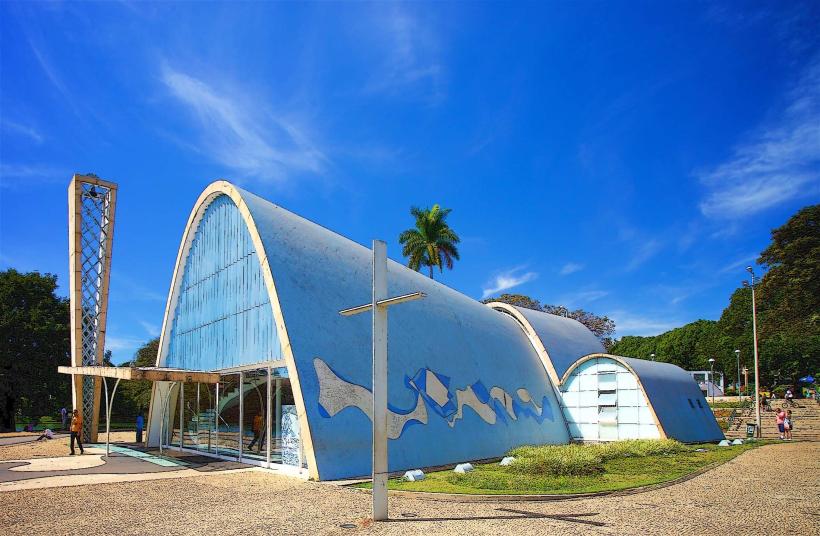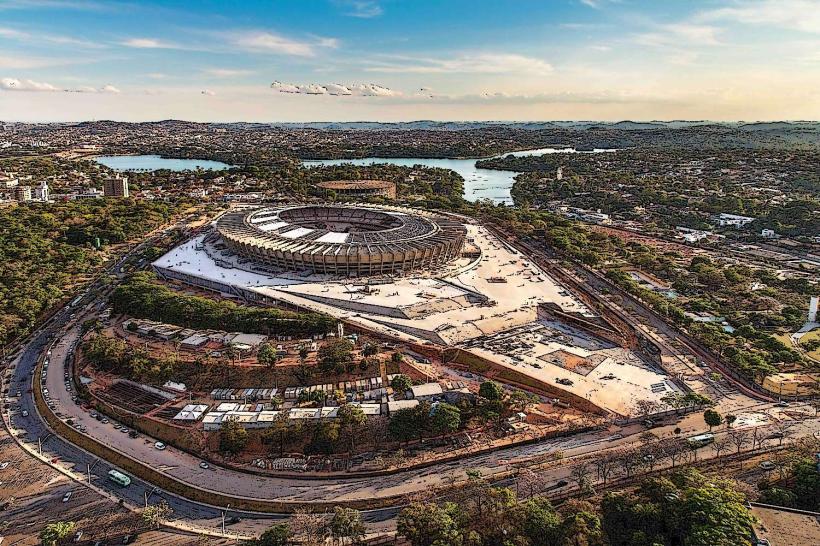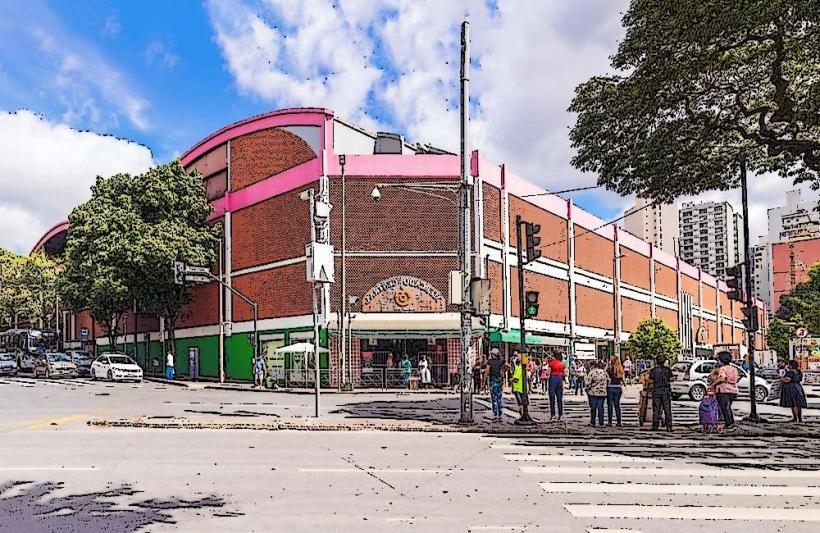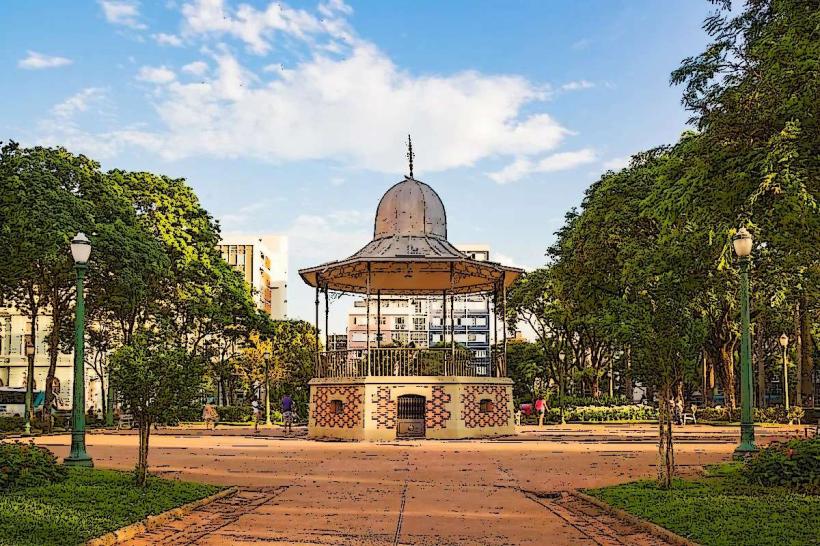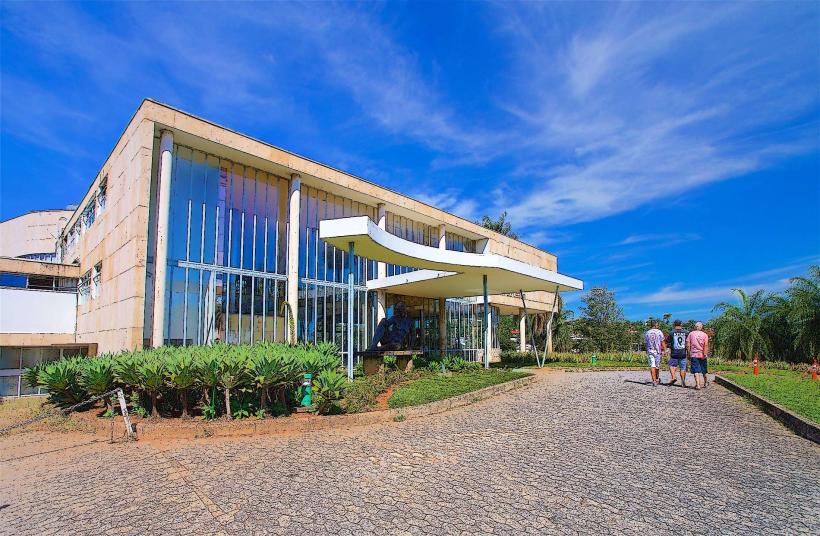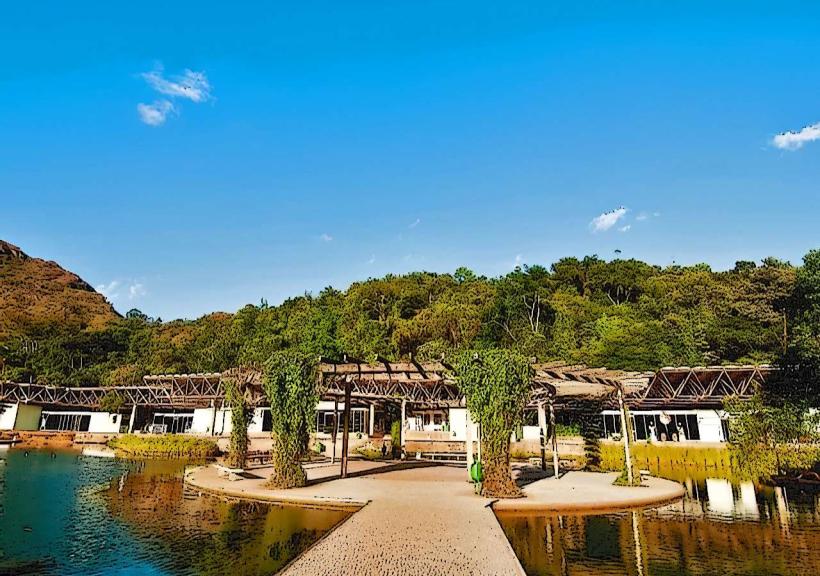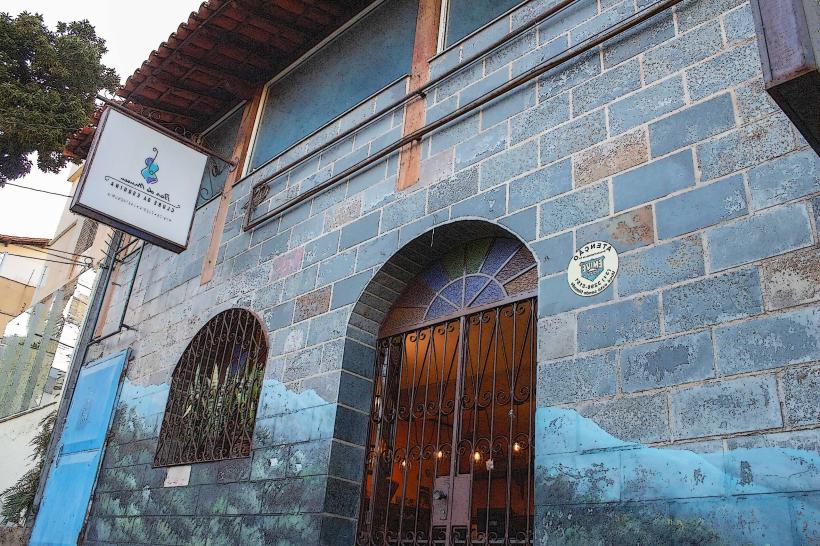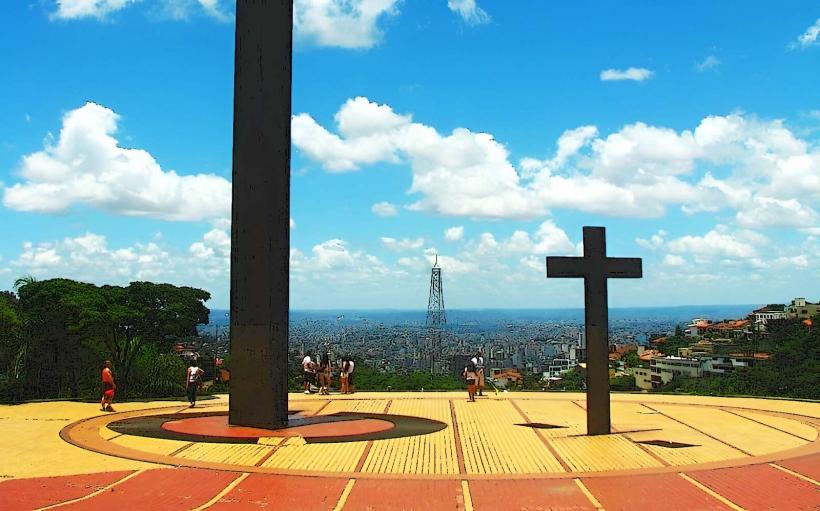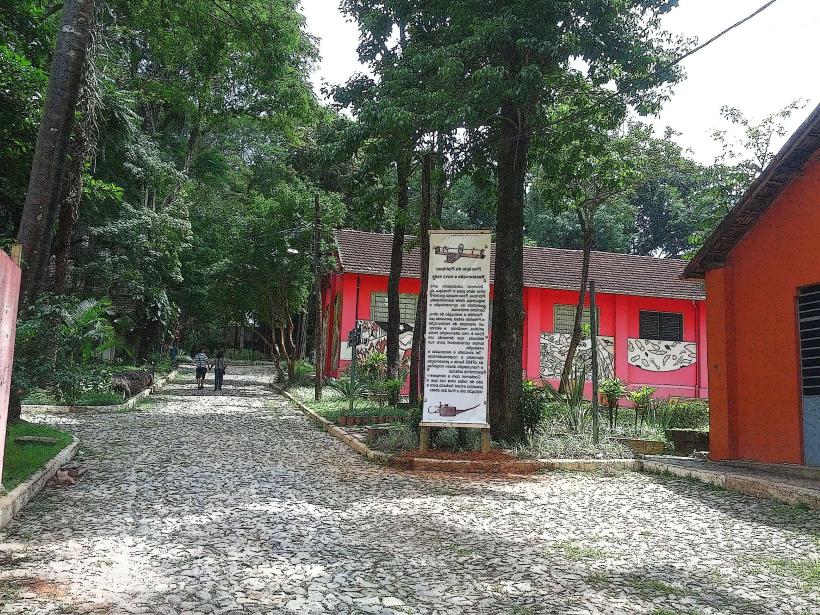Information
City: Belo HorizonteCountry: Brazil
Continent: South America
Belo Horizonte, Brazil, South America
Belo Horizonte serves as the planned capital of Minas Gerais and the primary industrial and logistical center of interior Brazil. It is situated on a hilly plateau surrounded by the Curral Range (Serra do Curral), acting as a gateway to the state's historic mining regions and the modern agribusiness sector.
Historical Timeline
Inaugurated on December 12, 1897, it was the first modern planned city in Brazil, intended to replace the colonial capital of Ouro Preto. The design was inspired by Washington, D.C. and Paris, featuring a perpendicular grid bisected by diagonal avenues. The 1940s marked its architectural maturation with the development of the Pampulha Modern Ensemble, a precursor to Brasilia.
Demographics & Population
The metropolitan population is approximately 6 million. The city is known as the "Capital of the Mountains" and the "World Capital of Pubs" (Capital Mundial dos Botecos). The demographic is characterized by a strong "Mineiro" identity-noted for being hospitable, soft-spoken, and deeply attached to traditional gastronomy.
Urban Layout & Key Districts
The city is organized by the Avenida do Contorno, which encloses the historic planned core.
Savassi: The most affluent and vibrant district, center of fashion, high-end dining, and nightlife.
Lourdes: An upscale residential ward housing the city's most expensive restaurants and boutiques.
Pampulha: A northern district centered around a man-made lagoon, featuring modern monuments and the city’s major stadiums.
Centro: The administrative heart, featuring the Central Market and the historic Praça da Estação.
Belvedere: The highest neighborhood in the city, characterized by luxury high-rise apartments and panoramic views.
Top City Landmarks
Praça da Liberdade: A historic square surrounded by neoclassical and modernist buildings transformed into a cultural circuit.
Central Market (Mercado Central): Often ranked among the best in the world, featuring over 400 stalls of cheese, sweets, and handicrafts.
Pampulha Modern Ensemble: A UNESCO World Heritage site including the Church of Saint Francis of Assisi and the Juscelino Kubitschek house.
Mineirão Stadium: One of Brazil’s most iconic football venues.
Pope’s Square (Praça do Papa): A high-altitude viewpoint at the foot of the Serra do Curral.
Transportation Network
Metro: A single-line system primarily serving the North-West and North-East corridors.
MOVE (BRT): A high-capacity bus system with dedicated lanes on main avenues like Cristiano Machado and Antônio Carlos.
Air: Confins International (CNF) serves as a major domestic hub; Pampulha (PLU) handles regional and executive aviation.
Ride-sharing: Uber and 99 are the standard. Traffic is dense, particularly at the intersections of diagonal avenues in the center.
Safety & "Red Zones"
Safety Profile: Generally safer than Rio or Sao Paulo, but street crime has increased in the last decade.
Red Zones: Avoid entering the "Aglomerado da Serra" and "Morro do Papagaio" without local escort. The area around the Rodoviária (bus station) can be unsafe at night.
Precautions: Standard urban vigilance is required. The diagonal intersections in the center can be confusing for pedestrians and drivers alike.
Digital & Financial Infrastructure
Average internet speed is 110 Mbps. 5G is widespread in Savassi, Lourdes, and Belvedere. The Pix system is universal. Card acceptance is 100% in businesses, including traditional stalls in the Central Market.
Climate & Air Quality
Tropical altitude climate. Temperatures are mild, ranging from 13°C to 25°C in winter and 20°C to 30°C in summer. Air quality is moderate; the city’s hilly topography can occasionally trap pollutants during the dry winter months (June–August).
Culture & Social Norms
The local culture revolves around the "Boteco"-small bars where people gather for "tira-gosto" (appetizers) and beer. Tipping is a 10% service charge. A unique social norm is the "Trem" (train)-a linguistic quirk where residents use the word "trem" to refer to any object or situation.
Accommodation Zones
Savassi / Lourdes: Recommended for safety, walkability, and access to the best culinary options.
Pampulha: Recommended for those attending events at the Mineirão or seeking a resort-style stay near the lagoon.
Local Cost Index
1 Espresso: 8.00 BRL ($1.45)
1 Standard Lunch (Feijão Tropeiro): 40.00 BRL ($7.30)
1 Pão de Queijo: 6.00 BRL ($1.10)
1 Taxi/Uber (5km): 22.00 BRL ($4.00)
Nearby Day Trips
Inhotim: The world’s largest open-air contemporary art museum (60 km / 1.5 hours).
Ouro Preto: A UNESCO World Heritage colonial mining city (100 km / 2 hours).
Serra do Cipó: A national park known for waterfalls and trekking (100 km / 2 hours).
Facts & Legends
A prominent legend involves the "Ghost of the Curral Range," a spectral figure said to guard the mountains. A verified historical oddity is that the Church of Saint Francis of Assisi in Pampulha was so radical for its time (1943) that the Catholic Church refused to consecrate it for 16 years. Another fact: Belo Horizonte has more bars per capita than any other city in Brazil, earning its title as the nation's pub capital.

